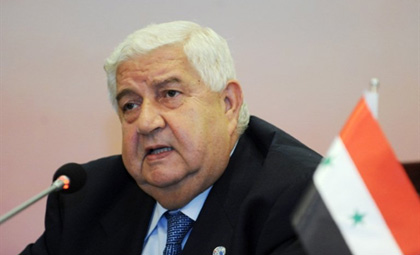DUBAI: Bahrain’s largest Shia opposition formation has not yet decided if it will take part in the national dialogue proposed by King Hamad that is set to begin on July 1, its head told AFP on Saturday.
"We have not yet made a decision on whether or not we will participate in the dialogue," Islamic National Accord Association (Al-Wefaq) leader cleric Sheikh Ali Salman said.
"We are still discussing this and I don’t expect a decision to be made before Monday or Tuesday," he added.
The regime’s actions do not presage a successful dialogue, said Salman.
King Hamad has named parliament speaker Khalifa bin Ahmed Al-Dhahrani to lead the national dialogue, but Salman described him as "someone who does not believe in change."
"Dhahrani is more royalist than the king himself," he said.
The king named his son Crown Prince Sheikh Salman to lead a wide-reaching dialogue with the opposition when Shia-led protesters occupied Manama’s central Pearl Square in February and March to demand democratic reforms.
The opposition demanded a proper constitutional monarchy in which the prime minister would be elected, and in which the elected chamber would be vested with exclusive legislative and regulatory powers.
However, Gulf troops rolled into the kingdom to back the authorities in a bloody crackdown on activists and crushing any immediate hopes for dialogue.
On June 1, King Hamad announced the lifting of the "state of national safety" he had decreed and renewed an offer of talks, led this time by Dhahrani.
But "the opposition, which represents the majority in the country has been marginalized," Salman said.
The largest Shia opposition grouping, which had won 18 out of 40 parliament seats in the Shia-majority country before resigning in protest at the clampdown on activists, "is treated as a minority," Salman said.
"Al-Wefaq was invited to choose only five representatives out of 300 participating in the dialogue," he said.
"The natural path for dialogue would be by releasing political prisoners, suspending ongoing trials of opposition members and respecting civil liberties."
A Bahrain court on Wednesday sentenced eight leading Shia opposition activists to life in prison for "plotting to overthrow" the monarchy. It also jailed 13 others for between two and 15 years on similar charges.
The sentences drew widespread condemnation from the United States, the United Nations and rights groups.
Scores more activists are facing trial on charges linked to the protests in a semi-martial court set up under the state of national safety.
Bahrain’s interior ministry has said 24 people were killed in the month-long unrest.
Four people have been sentenced to death and three others to life in prison over the killing of two policemen during the protests. Nine others were jailed for 20 years after being convicted of abducting a policeman.
The opposition says dozens of protesters have been arrested — amid claims of torture —and hundreds of Shia dismissed from their jobs since the protests.

